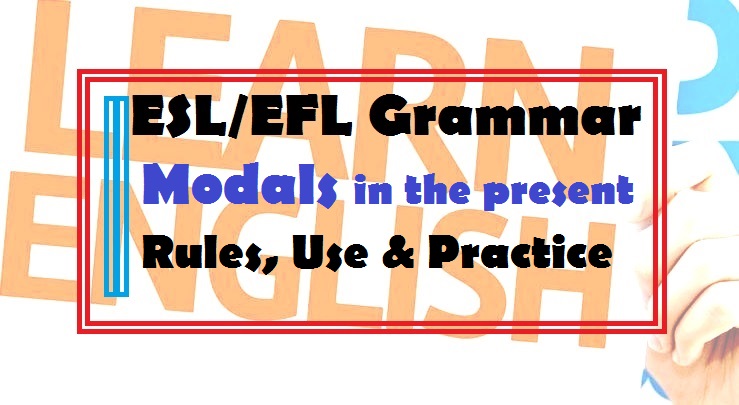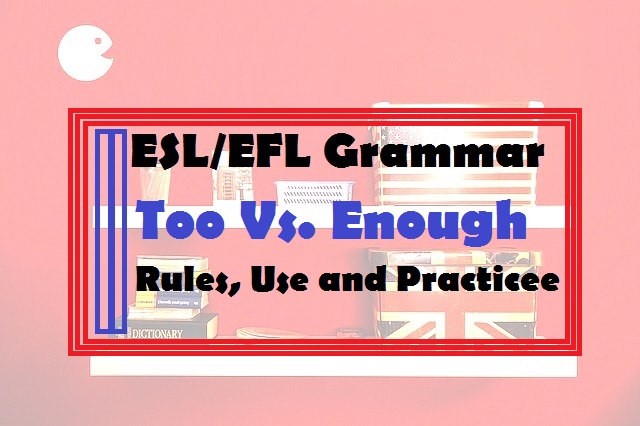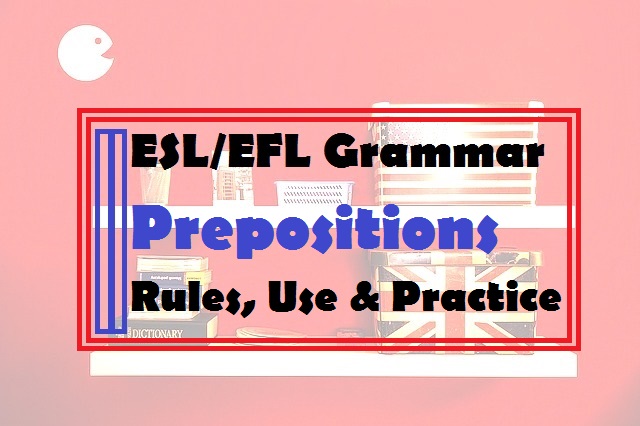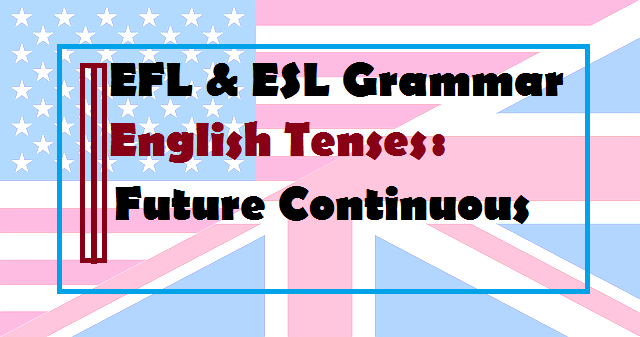The use of modals in English (EFL/ESL Grammar: rules, use and practice) modals in the present
What are modal verbs?
Modals are very important words in English. They are auxiliary verbs that provide additional and specific meaning to the main verb of the sentence. There are several examples of modals in English and each one is used to mean a specific thing.
- Can / can’t
- Could / wouldn’t
- Will
- Would / wouldn’t
- Shall
- Should / shouldn’t
- Ought to
- Must / Mustn’t
- Have to
- May
- Might
- Need to / Needn’t
Notes:
- Modal auxiliaries can’t be conjugated and don’t need other auxiliary verbs.
- There is no “S” of the singular.
- They don’t need “does/do” in the question.
- There is no don’t/doesn’t in the negative.
- Modal auxiliaries do not have infinitives or “ing” forms. Ex: (*to must, *musting, *to can, *canning).
- Modal auxiliaries are never followed by “to”. Ex: You should to go to school.
- Modal auxiliaries use other verbs to complete the tenses. Ex: “be able to” completes “can” / “have to” completes “must”.
Examples:
- They can play basketball. They will be able to play basketball.
- You must come early. You had to come early.
| Request | Asking someone something politely |
| Obligation | Duty and responsibility to do something |
| Probability | Likelihood |
| Advice | A statement that shows what others should do in certain situations. |
| Permission | Asking someone (an authority) to do something. |
| Impossibility | Something that is impossible, can’t be done or can’t exist. |
| Ability | The physical/mental skill to do something. |
| Inability | The physical/mental inability to do something |
| Necessity | The need for something |
| Lack of necessity | Lack of need |
| Prohibition | The act of stopping something being done or used by law. |
| Certainty | The state of being certain and sure about something. |
What do modals express?
| Modals | Used to express | Examples |
| Will – would Can Could | Request | Will you open the door, please? Could you give some money? Would you lend me your pen? Can you share your answers? |
| Must – have to | Obligation | You must do the homework. You have to listen to your parents. |
| May Might | Probability | I may not come tomorrow. I might be late for a couple of minutes. |
| Should Ought to | Advice | You should visit a doctor. You ought to drink this juice. |
| Can May | Permission | Can I go out, Sir? May I take your order, lady? |
| Can’t | Impossibility | She can’t be at home. I saw her at the market. |
| Can | Ability | I can run very fast. I can do the math. |
| Can’t | Inability | I can’t lift this. I can’t |
| Need to | Necessity | I need to get some vegetables. The fridge is empty. |
| Needn’t | Lack of necessity | I needn’t buy this milk. I already have some. |
| Mustn’t Shouldn’t | Prohibition | You mustn’t smoke here. It’s a hospital. |
| Must be | Certainty | You must be sick. Your face is pale. |
Check modals in the past
Take Quiz
Check your understanding here ...
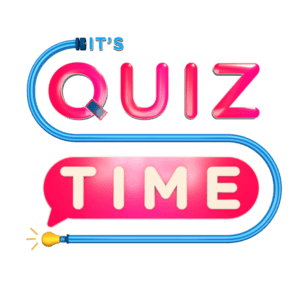
Comments

